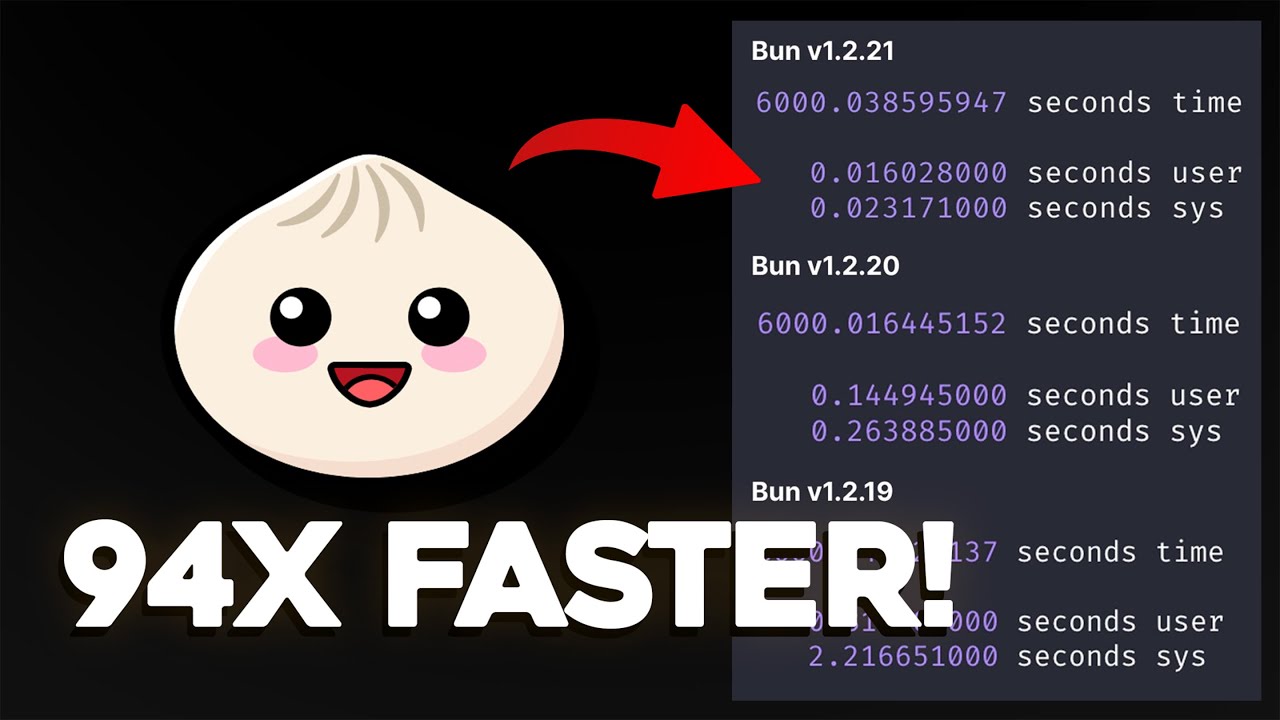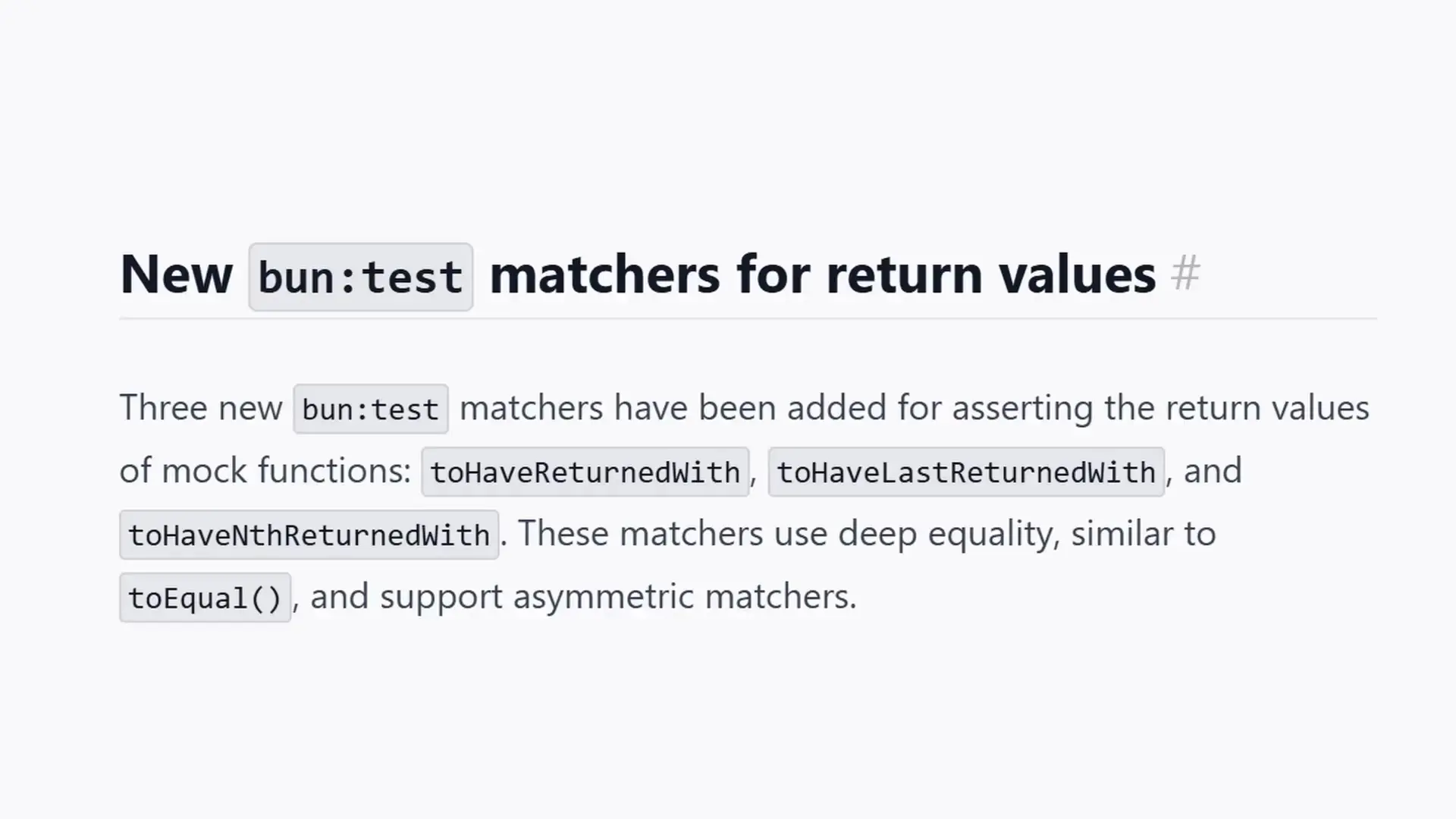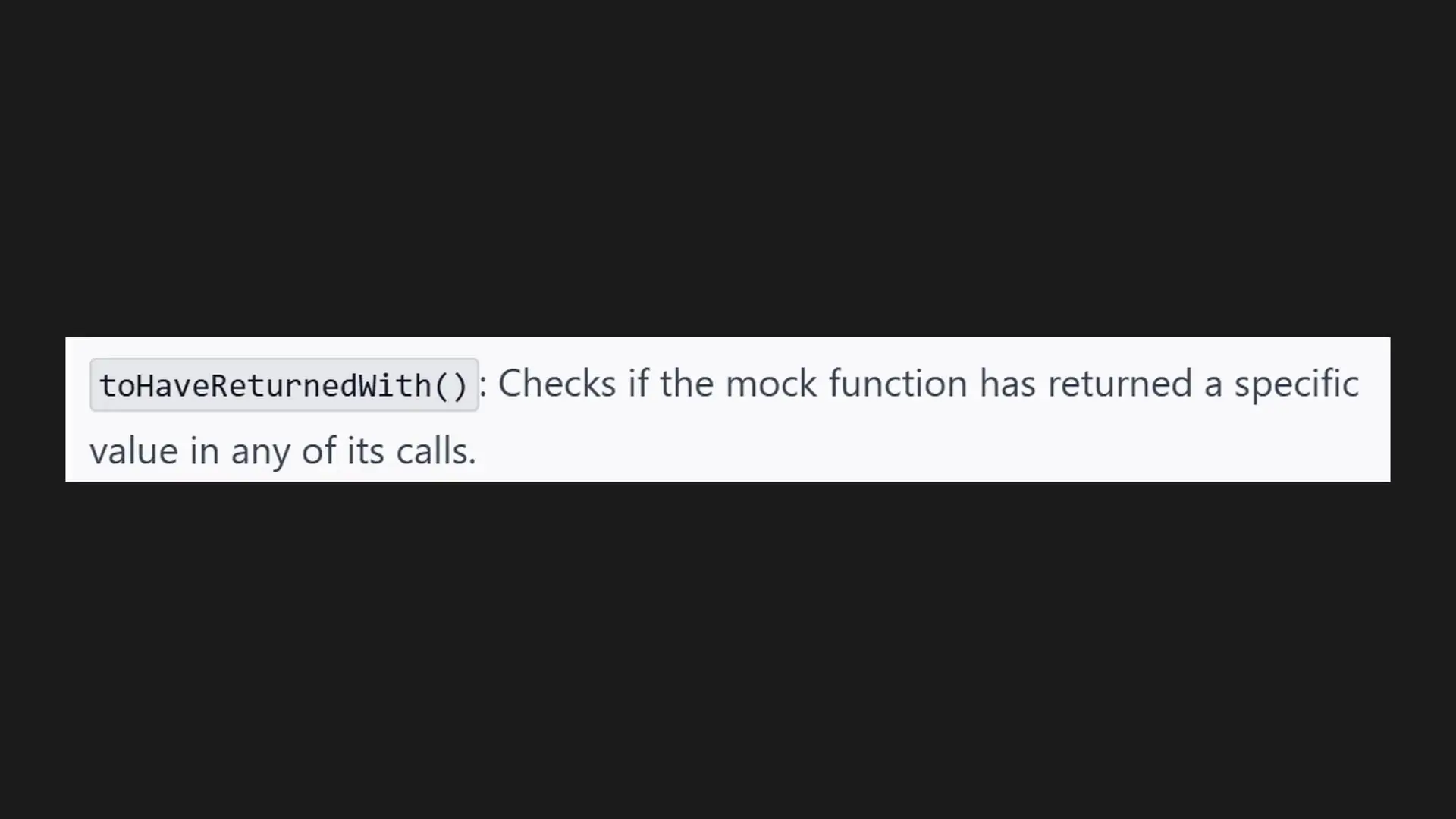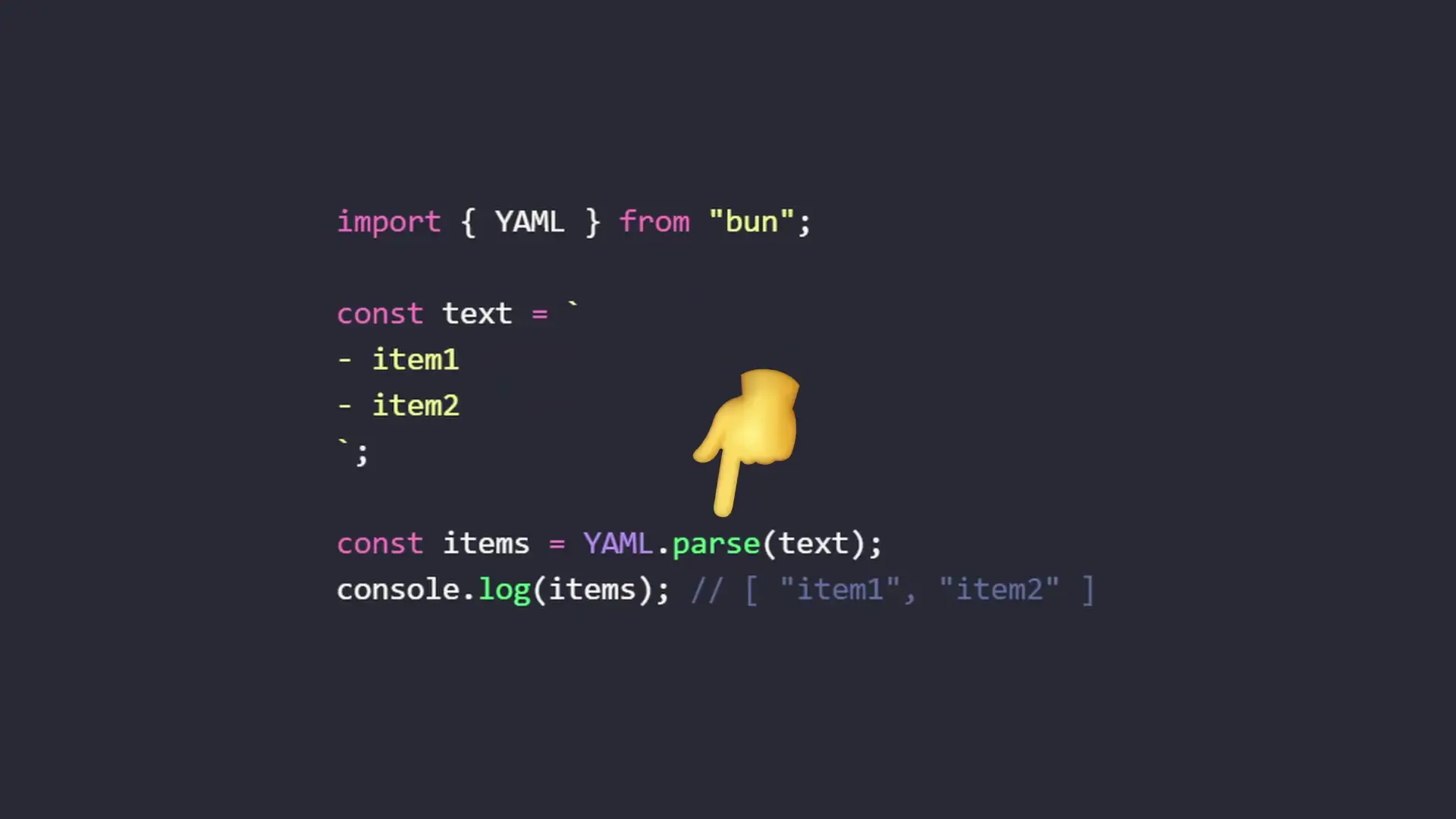
The JavaScript runtime landscape continues to evolve with Bun.js releasing two significant updates: versions 1.2.20 and 1.2.21. These updates introduce substantial performance improvements and new features that make Bun.js an increasingly compelling alternative to traditional Node.js environments. Let's explore the key enhancements and how they impact development workflows and application performance.
Seamless Migration with the New Bun Lock File
One of the most practical improvements in this update is Bun's ability to automatically migrate from Yarn to Bun.lock files. When running `bun install`, the system preserves resolved dependency versions, making the transition from Yarn to Bun virtually effortless. This feature removes a significant barrier for teams considering a switch to Bun.js, allowing them to maintain dependency consistency during migration.
40x Faster Abort Signal Performance
The Bun.js performance benchmarks show impressive gains in abort signal handling. By refactoring the timeout function to use the same mechanism as `setTimeout`, the Bun team achieved abort signals that are 40 times faster than previous implementations. This enhancement makes asynchronous behavior more reliable and responsive, particularly for operations like fetch requests that require instant cancellation capabilities.

Enhanced Testing Capabilities with New Mock Assertions
Bun Test received substantial upgrades with three new matchers specifically designed for asserting mock function return values. These additions provide developers with more precise testing tools:
- `toHaveReturnedWith`: Verifies if a mock returned a specific value at least once
- `toHaveLastReturnedWith`: Checks what the mock returned in its most recent call
- `toHaveNthReturnedWith`: Targets a specific call number and asserts its return value

These matchers enable more granular testing scenarios, allowing developers to verify specific behaviors with greater accuracy. Whether you need to confirm a value was returned at any point, check only the most recent call, or validate a particular call in sequence, Bun Test now provides the tools to do so efficiently.
// Example of the new test matchers
const mockFunction = vi.fn().mockReturnValue({ id: 1, name: 'test' });
mockFunction();
// Check if it ever returned this object
expect(mockFunction).toHaveReturnedWith({ id: 1, name: 'test' });
// For multiple calls, check the last return value
const sequenceMock = vi.fn(num => `call ${num}`);
sequenceMock(1);
sequenceMock(2);
expect(sequenceMock).toHaveLastReturnedWith('call 2');
// Target a specific call number
const mathMock = vi.fn(x => x * 10);
mathMock(1);
mathMock(2);
mathMock(3);
expect(mathMock).toHaveNthReturnedWith(2, 20);Unified SQL Database Support
Database connectivity receives a major upgrade with Bun's unified SQL client. The new implementation supports MySQL, MariaDB, SQLite, and PostgreSQL through a single, consistent API—all with zero external dependencies. For MySQL and MariaDB specifically, the driver is now written in the Zig programming language, delivering bun.js performance benchmarks that show up to 9x faster operation compared to the popular mysql2 library on Node.js.

// Example of using the unified SQL client
import { Database } from 'bun:sqlite';
// SQLite connection
const db = new Database('mydb.sqlite');
const users = db.query('SELECT * FROM users').all();
// MySQL/PostgreSQL would use a similar API
import { Client } from 'bun:postgres';
const pgClient = new Client('postgresql://user:pass@localhost:5432/mydb');
const pgUsers = await pgClient.query('SELECT * FROM users');Worker Communication: 500x Faster postMessage
Inter-worker communication sees dramatic performance improvements with postMessage operations now up to 500 times faster, particularly for large string transfers. Memory usage has also been optimized, requiring approximately 20 times less heap memory than previous implementations. This enhancement is particularly valuable for applications that transfer substantial JSON payloads between threads, significantly improving overall application responsiveness and resource utilization.
Reduced CPU Usage for Idle Servers
Server efficiency has been improved by addressing a subtle but impactful issue. Previously, Bun server would update the cache date header for HTTP responses every second, consuming CPU resources and triggering context switches even when idle. The updated implementation activates the timer only when there are in-flight requests, allowing the process to sleep completely when idle. Bun.js performance benchmarks show CPU utilization dropping from 2 seconds to just 0.02 seconds in idle scenarios—a 100x improvement.
Native YAML Support
Bun now offers native YAML support, allowing developers to import, bundle, require, and parse YAML files directly in JavaScript. Like many of Bun's internal components, the YAML parser is written in Zig for optimal performance. This feature eliminates the need for external dependencies when working with YAML configuration files.
// Importing YAML files directly
import config from './package.yaml';
console.log(config.name); // Access properties with dot notation
// Parsing YAML strings
import { YAML } from 'bun';
const yamlString = `
name: my-project
version: 1.0.0
dependencies:
bun: latest
`;
const parsed = YAML.parse(yamlString);
console.log(parsed.dependencies.bun); // 'latest'Additional Improvements and Bug Fixes
Beyond these major features, the updates include fixes for 69 reported issues. Notable improvements include:
- Scrollable output for `bun update` command
- New filtering options for audit functionality
- Integration with OS-native credential storage for `bun secrets`
- Various stability enhancements and edge case handling
Conclusion: Bun.js Continues to Mature
With these updates, Bun.js demonstrates its commitment to performance optimization while expanding functionality. The impressive bun.js performance benchmarks across various operations—from 40x faster abort signals to 500x faster worker communication—position it as an increasingly viable alternative to Node.js for production applications.
For developers seeking the best balance of speed, resource efficiency, and modern features, Bun.js continues to make a compelling case. The unified database support, enhanced testing capabilities, and native YAML handling address real-world development needs while maintaining Bun's core focus on performance and developer experience.
Let's Watch!
Bun.js 1.2.21 Update: 40x Faster Performance Benchmarks You Need to Know
Ready to enhance your neural network?
Access our quantum knowledge cores and upgrade your programming abilities.
Initialize Training Sequence